The smart lock and the digital lock - many don't really know whether they mean the same thing. To make matters even more confusing, sometimes the 2 terms get used together - smart digital lock. Or new terms get thrown into the picture, like electronic locks. There is the general idea that these are door locks that can do more than the conventional door lock and key, but it can be somewhat of a grey area to many home and property owners.
It's not surprising though. We did a quick Google search to see what information is out there that explains the difference between the terms, but all we saw was advertisements or websites of smart locks or digital locks, and nothing really talked about how they relate to each other. We decided that there was a need for some distinction between the different terms, to make sure everybody is on the same page. If we couldn't tell the difference between apples and oranges and just called all of them fruits, how would we say that one is sweeter than the other?
So for a better grasp of the different lock terms, we start with the basics:
The conventional door lock & key
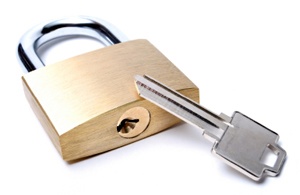
Photo credit: GB Lock and Key
We're pretty sure that most would be familiar with the conventional door lock and key. The key is inserted into the lock to operate it, and together they are used as a security device to protect certain restricted areas. This method of restricting access has been used for a long, long time now (with the earliest keys dating back to ancient Roman times).
In today's world, the conventional door lock and key is not entirely irrelevant. It is still a simple preventive measure to keep the bad guys out. However, it is definitely not the most convenient or safest method of protecting a home or property. We have had our fair share of experiences being locked out from our own homes at some point of time because we forgot to take our keys.
The digital/electronic lock
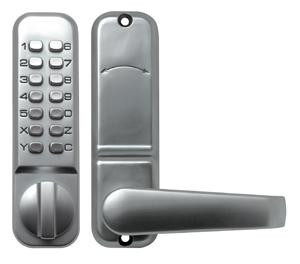
Photo credit: The Lock Shop (Australia)
We wouldn't claim to have scrutinized all research on the distinction between the digital and electronic lock. But from the layperson's perspective, these 2 pretty much mean the same thing. They refer to locking devices that are operated by means of an electric current. This is a pretty broad definition, and covers many types of locks including those that are unlocked via PIN codes, RFID cards, biometrics (eg. fingerprints), and many more.
Keyless entry & elimination of key duplication worries
The digital/electronic lock has numerous advantages over the conventional door lock and key, such as keyless entry (okay RFID cards don't really count). With a digital/electronic lock, you no longer need to worry about replacing missing keys or remembering to bring them out with you. Also, it eliminates the worry of key duplication.
Time-sensitive entry
While a few digital locks may be capable of executing time-sensitive entry, such as PIN codes which are only valid for a certain period of time, this is usually a rather tedious process. Home or property owners need to physically set the PIN codes or make any access changes by going into the administrative mode at the lock itself. Not to mention struggle with many steps because the lock is constrained by the number of digits/symbols on the keypad.
The smart lock
igloohome Smart Lock (Deadbolt)
The smart lock is definitely much newer in the market. As it is challenging to find a universally agreed definition of a smart lock that is easy to understand, we use part of Wikipedia's:
A smart lock is an electromechanical lock which is designed to perform locking and unlocking operations when it receives such instructions from a device using wireless protocol and a cryptographic key to execute the authorization process
In other words, your smart lock is a digital lock that can now be controlled by a separate device (usually your smartphone). And yes, we are saying that a smart lock is a digital lock as well, but a digital lock may not necessarily be a smart lock. In more other words, a smart lock is a sub-set under the umbrella term digital locks. Smart locks have the benefits of digital locks, but with more features.
Connectivity
Since your smart lock can be controlled by your smartphone, your lock is now in some sense connected to you. This opens up a whole new range of possibilities, because geographical distance is no longer an issue and you can tell your lock to unlock when you want it to even from the other side of the world.
Convenience and ease of use
Beyond being able to remotely control your lock, a huge advantage that a smart lock has over the rest is convenience. While digital locks are easy to use (ie. for entry), they usually require some effort when it comes to setting admin changes (eg. creating a new PIN code etc), because you need to make the changes physically at the lock. Since a smart lock can be controlled by your device, normally with a mobile app, all you need is a few taps of the phone screen. Your smartphone is already with you most of the time anyway, so minimal effort is needed. The perks of keyless entry are still there, and in most cases, you only need your smartphone with you to let yourself into your home.
Monitoring of visitor access
The smart lock is able to track who enters your home and the exact time and date when they did. For those who would like to know when their family members or visitors enter their homes, this would be useful for you.
An analogy between the smart lock & the smart watch
A simple analogy to describe how the conventional lock & key, the digital/electronic lock and the smart lock relate to one another - we would say it's like comparing an analogue watch, digital watch, and a smartwatch (like the Apple watch!). The analogue watch is like the conventional lock & key - mechanical, straight-forward but limited in functionality. The digital watch (in most cases) is driven electronically which allows it to have more features, like the digital/electronic lock. But when it comes to connectivity and convenience, there is no competition with the smart watch (like the smart lock).
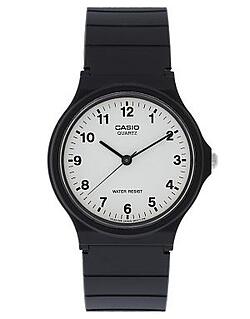
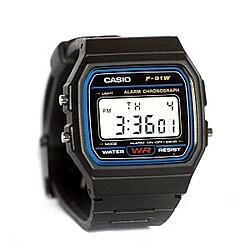
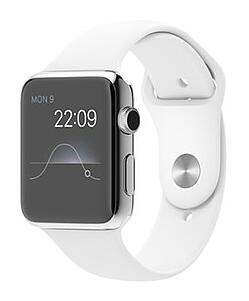
The analogue watch, digital watch, and smart watch
Photo credits: Gizmodo, Evolution Cell, Apple.com
We would love to hear your thoughts - join the conversation and let us know what you think!

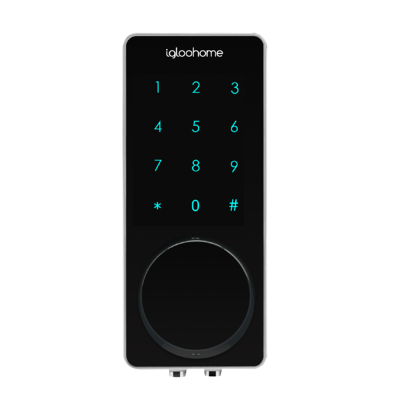
Share your thoughts